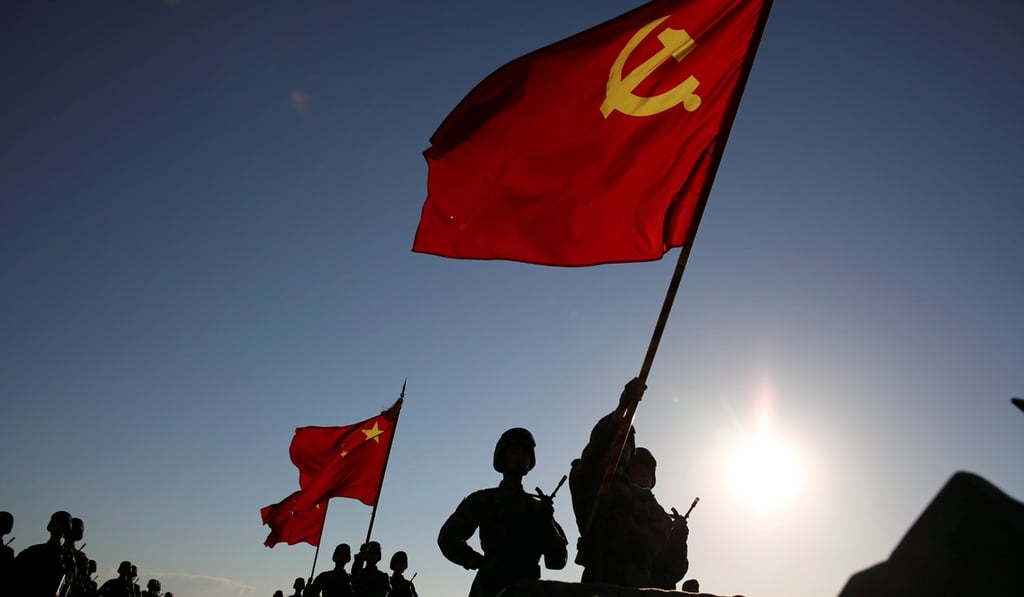Chinese military chiefs set to move PLA service branch headquarters out of Beijing
- Military sources say leadership hopes move out of capital will help to improve combat readiness and reduce cronyism
- Command units of five main forces expected to move to second or third-tier cities and undergo streamlining

Chinese military leaders are reviewing plans to relocate the headquarters of its five service branches away from Beijing to second- and third-tier cities, according to sources close to the People’s Liberation Army.
The top brass began considering the relocation plans around 2015 but a decision to proceed was made in the last two years, several military sources said.
The sources said the leadership believed the move would help reduce cronyism and nepotism within the PLA and improve combat readiness – a top priority in President Xi Jinping’s reform plans.
“The ground force, navy, air force, rocket force and strategic support force are involved and the relocation plans mainly focus on moving the command units of these five different forces,” one independent source said.
However, the relocation plans will not cover the Central Military Commission, the top policymaking body of the PLA, which will continue to operate from the August 1st Building in western Beijing.
